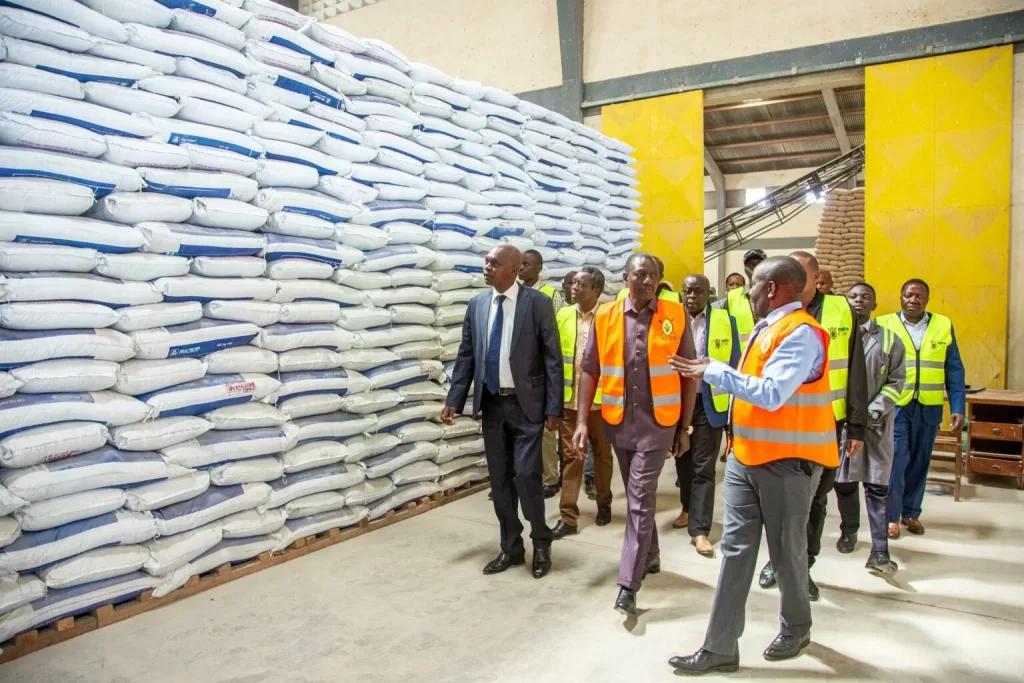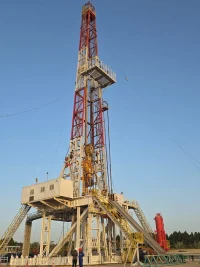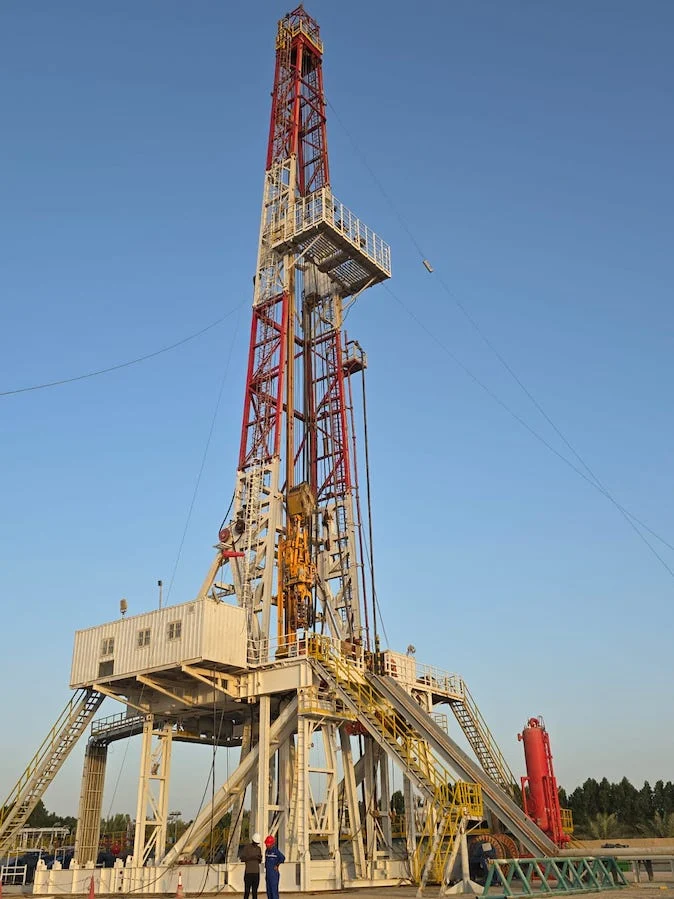In 2023, Kenya’s maize production saw a significant increase, reaching 48.6 million 90-kg bags, compared to 34.3 million bags in 2022. This rise in production was attributed to favorable weather conditions and various government interventions.
The total area dedicated to maize cultivation in Kenya expanded to 2,552,931 hectares in 2023, marking an 18% increase from 2,171,980 hectares in 2022.
The average farm gate price for a 90-kg bag of maize in 2023 was Ksh 4,094, while the wholesale price stood at Ksh 5,918. This increase in prices reflects a significant rise from 2021 to 2023, with wholesale prices climbing by 54%, and farm gate prices rising by 36.5%.
While farmers benefited from higher prices for their maize between 2021 and 2023, consumers ultimately bore the brunt of these price hikes, contributing to the rising cost of living.
The improvements in maize production have largely been credited to government policies, especially since 2022, when President William Ruto’s administration took office.
Agriculture has long been a cornerstone of Kenya’s economy, contributing substantially to the GDP, providing employment, and generating export earnings. The sector plays a vital role in the country’s food production and sustenance of rural livelihoods.
During the second Eastern Africa Agroecology Conference (EAAC) in Nairobi, Dr. Christopher Wanga, the Director of Livestock Policy Research and Regulation in the State Department of Livestock, highlighted Kenya’s commitment to agroecology. He discussed the establishment of the National Agroecology Strategy for Food System Transformation (2024–2033).
Dr. Wanga explained that this strategy aims to promote sustainable agri-food production systems, in line with Kenya’s Bottom-up Economic Transformation Agenda (BETA), Vision 2030, and the Sustainable Development Goals (SDGs).
“Kenya is now in the implementation phase of the National Agroecology Strategy 2024-2033, with a coordinated framework for all stakeholders in agroecology,” Wanga said.
He also pointed out that Kenya’s policy direction aligns with broader continental efforts, including the AU’s Kampala Declaration and the Nairobi Declaration from the Africa Fertilizer and Soil Health Summit, both of which recognize agroecology as a crucial pathway.
“We must focus on enhancing biodiversity, ensuring animal health, protecting soil integrity, and conserving our natural resources,” Wanga emphasized, advocating for the integration of agroecology policies across counties, farms, and enterprises.
Subsidized Fertilizer Program
The Kenyan National Fertilizer Subsidy Program (NFSP), launched during the short rainy season in September 2022, has played a crucial role in boosting food production and addressing high food prices. The program offers fertilizers at half the price of commercial rates to all farmers.
In January, Government Spokesperson Isaac Mwaura announced that the government had acquired 5.6 million bags of subsidized fertilizers. These will be made available to farmers through the National Cereals and Produce Board (NCPB).
“To maintain this momentum, the government has secured a stockpile of 5.6 million bags of subsidized fertilizers, which will be distributed to farmers through the NCPB in preparation for the upcoming long rains,” Mwaura said.

“I’m pleased to share that the government’s efforts to improve our economy are showing positive results,” he added. “Key among these efforts is our investment in agriculture, focusing on priority value chains, subsidizing production materials like fertilizers and certified seeds, and providing other essential farm inputs, all of which are bringing us closer to achieving food security.”
Mwaura pointed out that President Ruto’s administration assumed power at a time when Kenya’s food imports had risen from 10% to 17% of total imports, making the country more vulnerable to global food supply shocks. The government, therefore, prioritized agriculture as the main pillar of the BETA plan to address this challenge.
“With 54% of Kenyan households’ expenditure going towards food, it was imperative for the government to find ways to reduce food prices,” Mwaura stated. “For example, in 2022, we imported maize worth Ksh 10 billion, but since then, we’ve achieved maize self-sufficiency, saving vital foreign exchange.”
Mwaura concluded by stating that Kenya now has sufficient maize stockpiles, as well as adequate supplies of sugar, and that the prices of essential food items have steadily decreased.
Read: Midterm Report: How Ruto’s Administration Has Perfomed In Transport So Far
>>> KTDA Kicks off Distribution of Sh2.2B Subsidised Fertiliser













Leave a comment